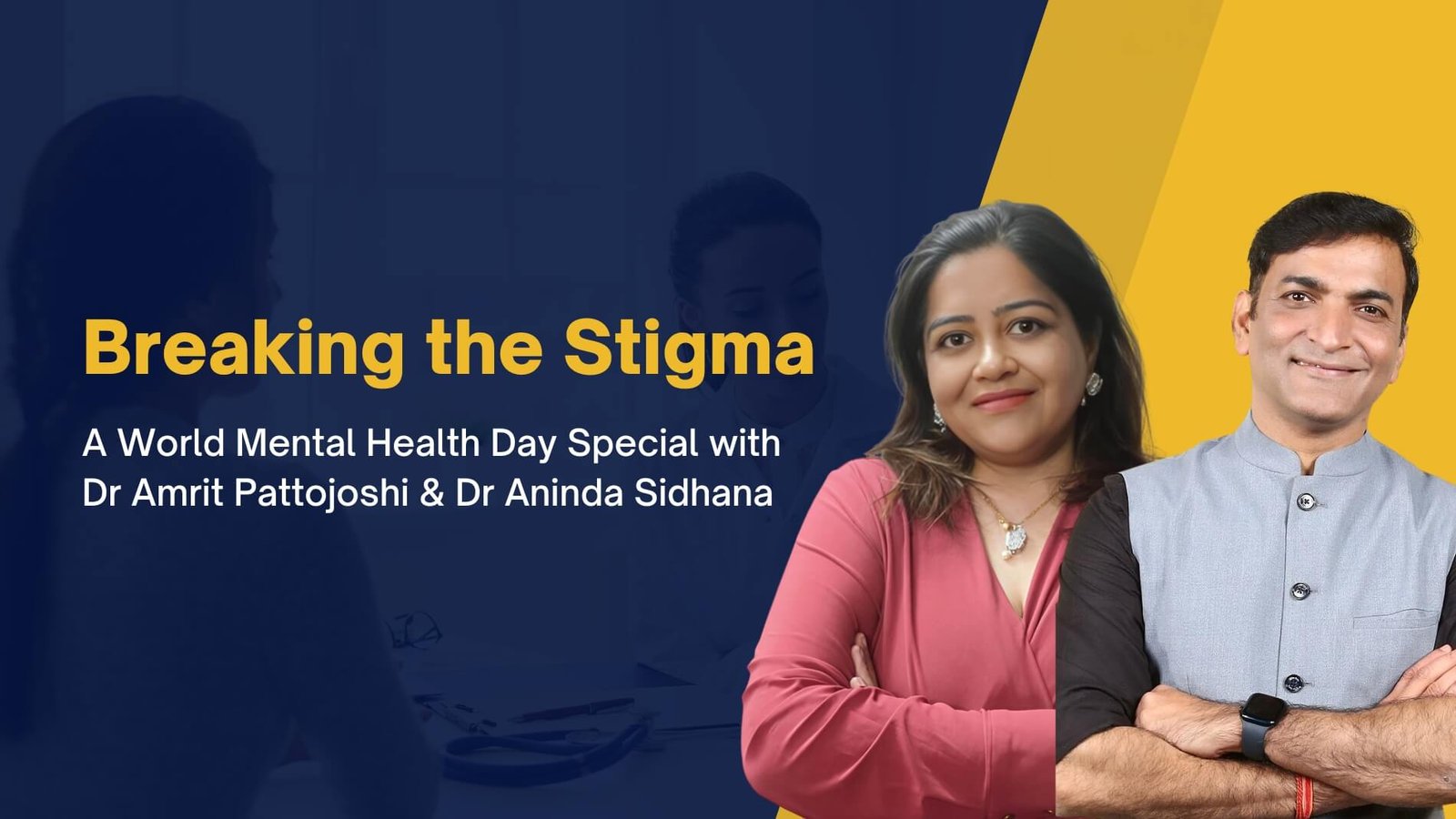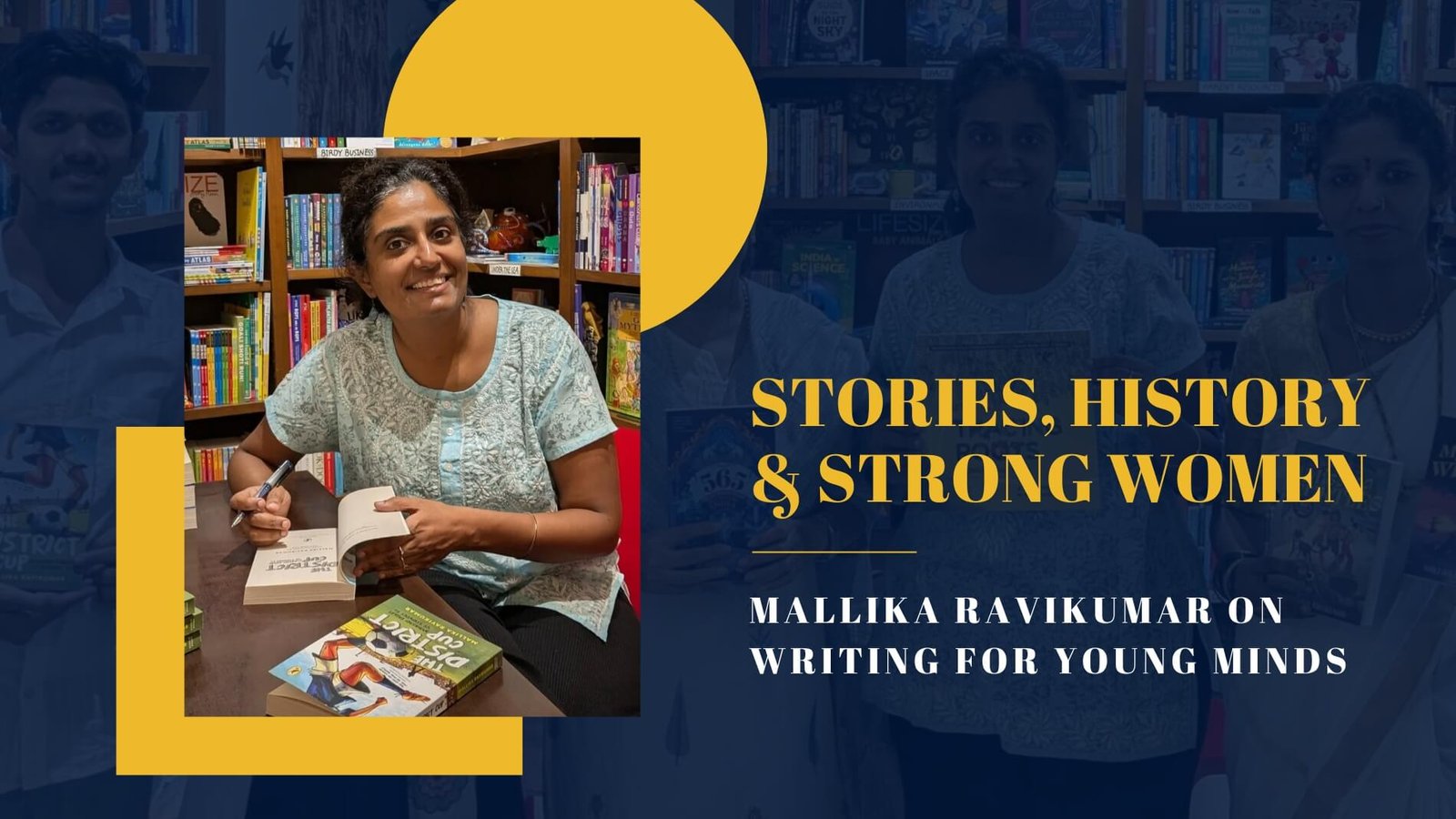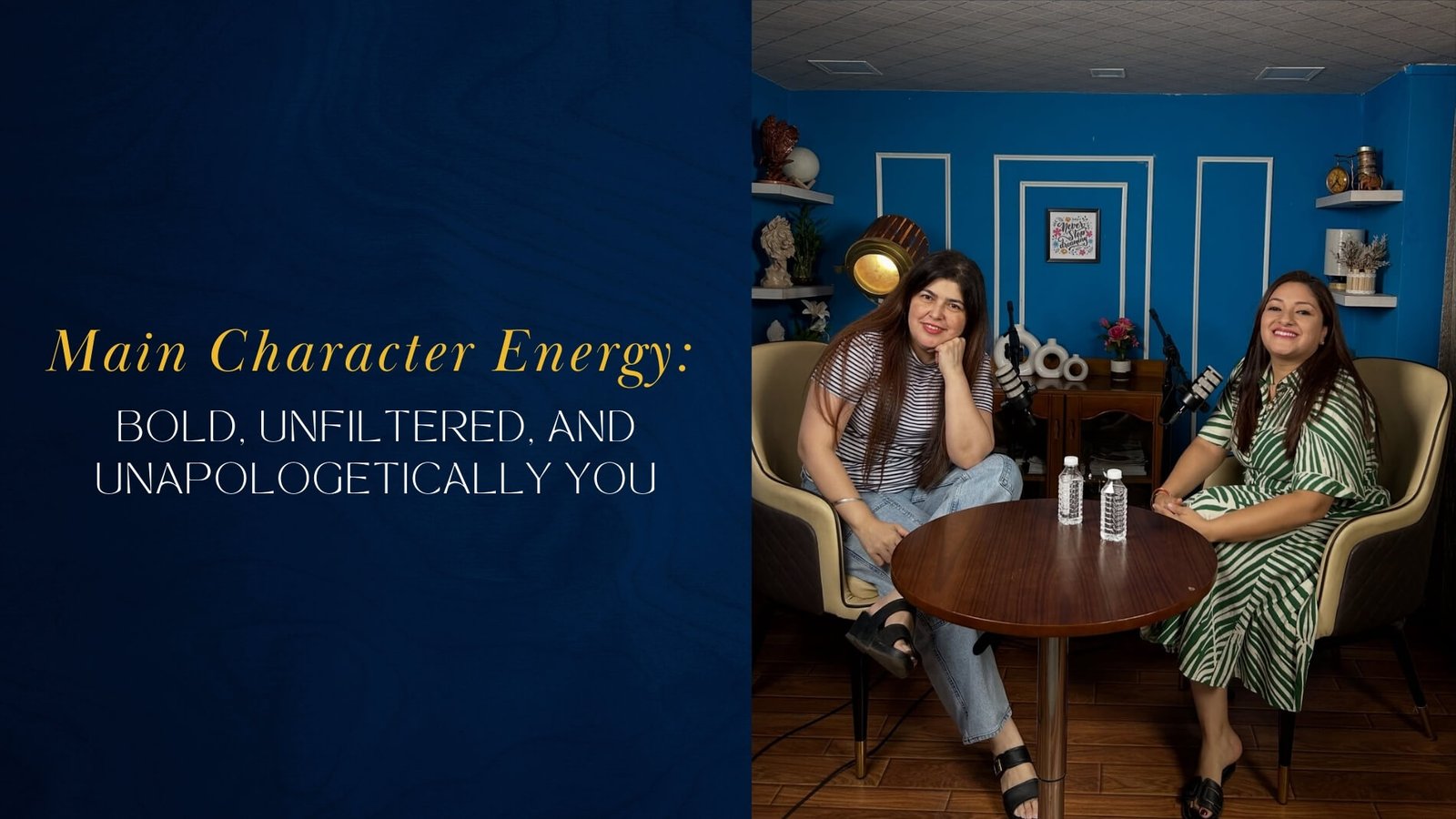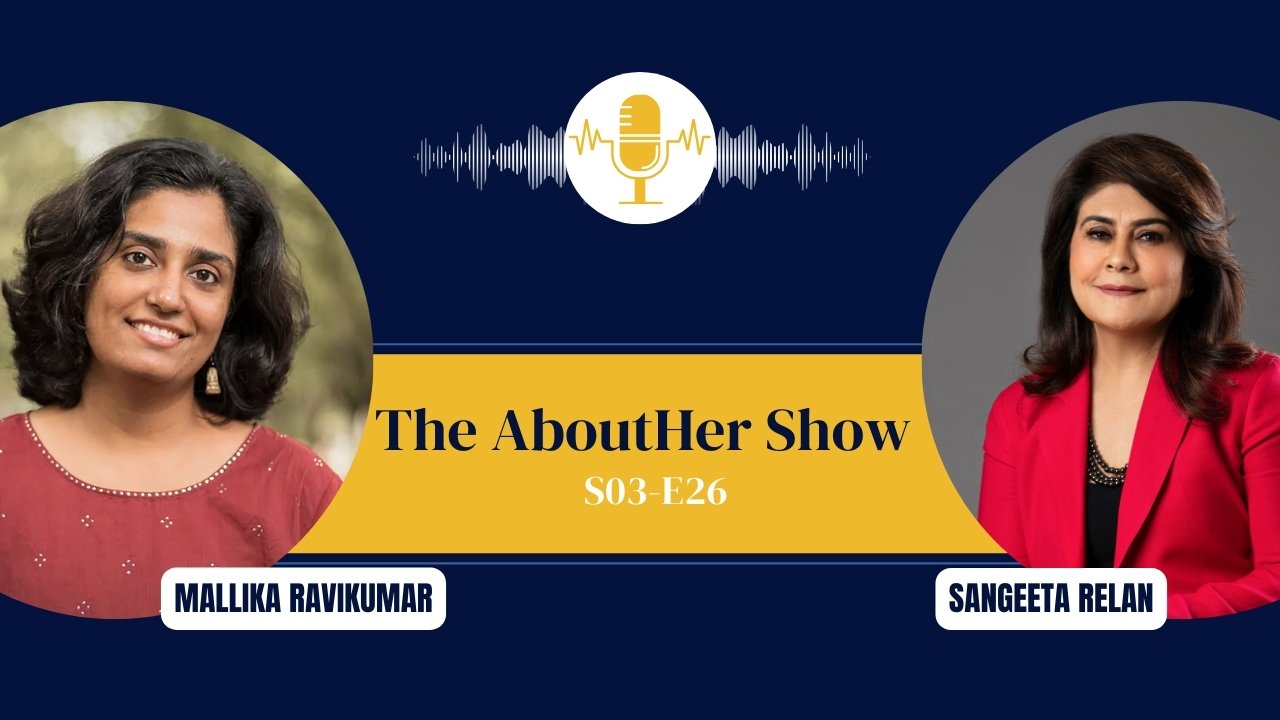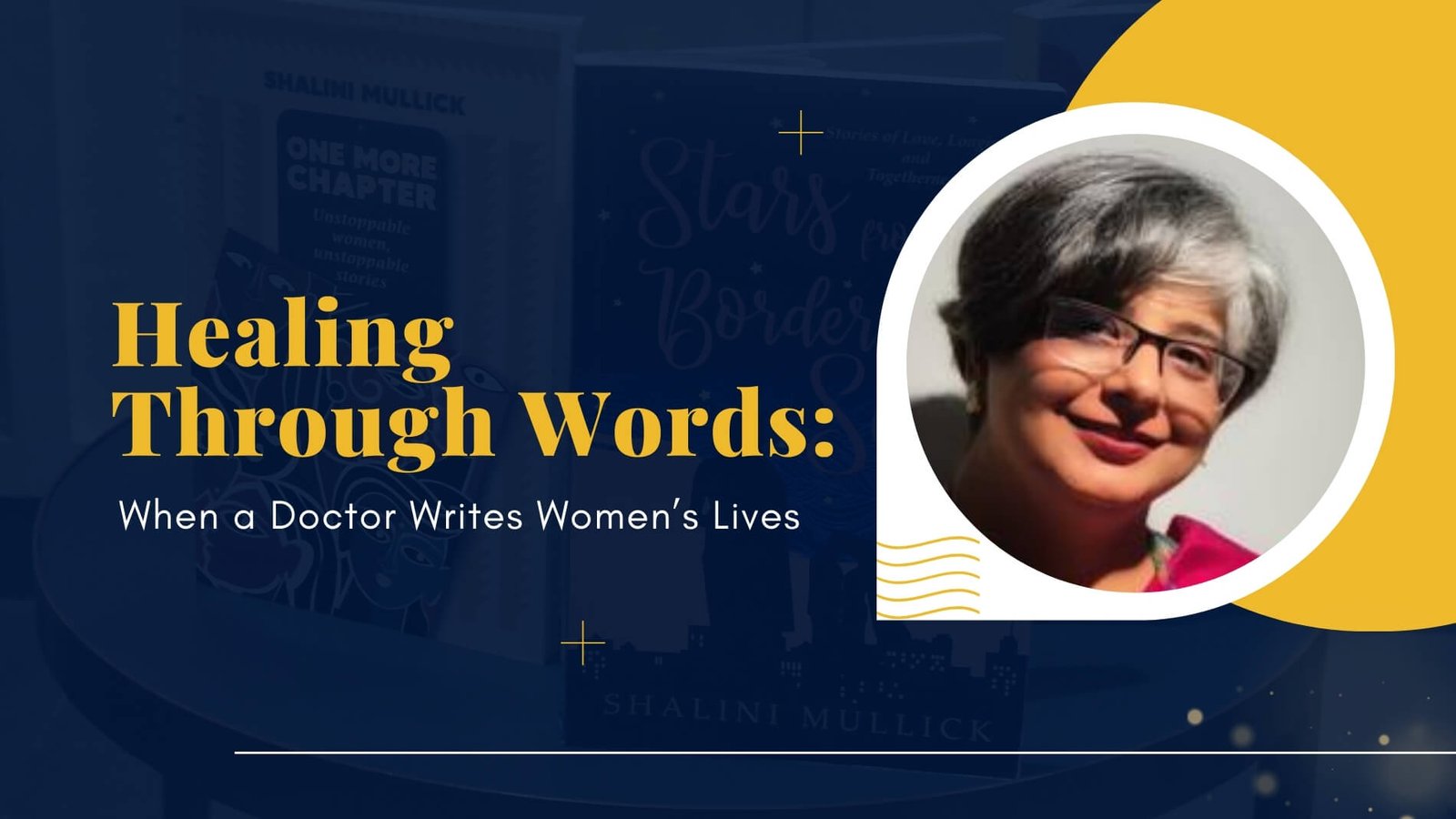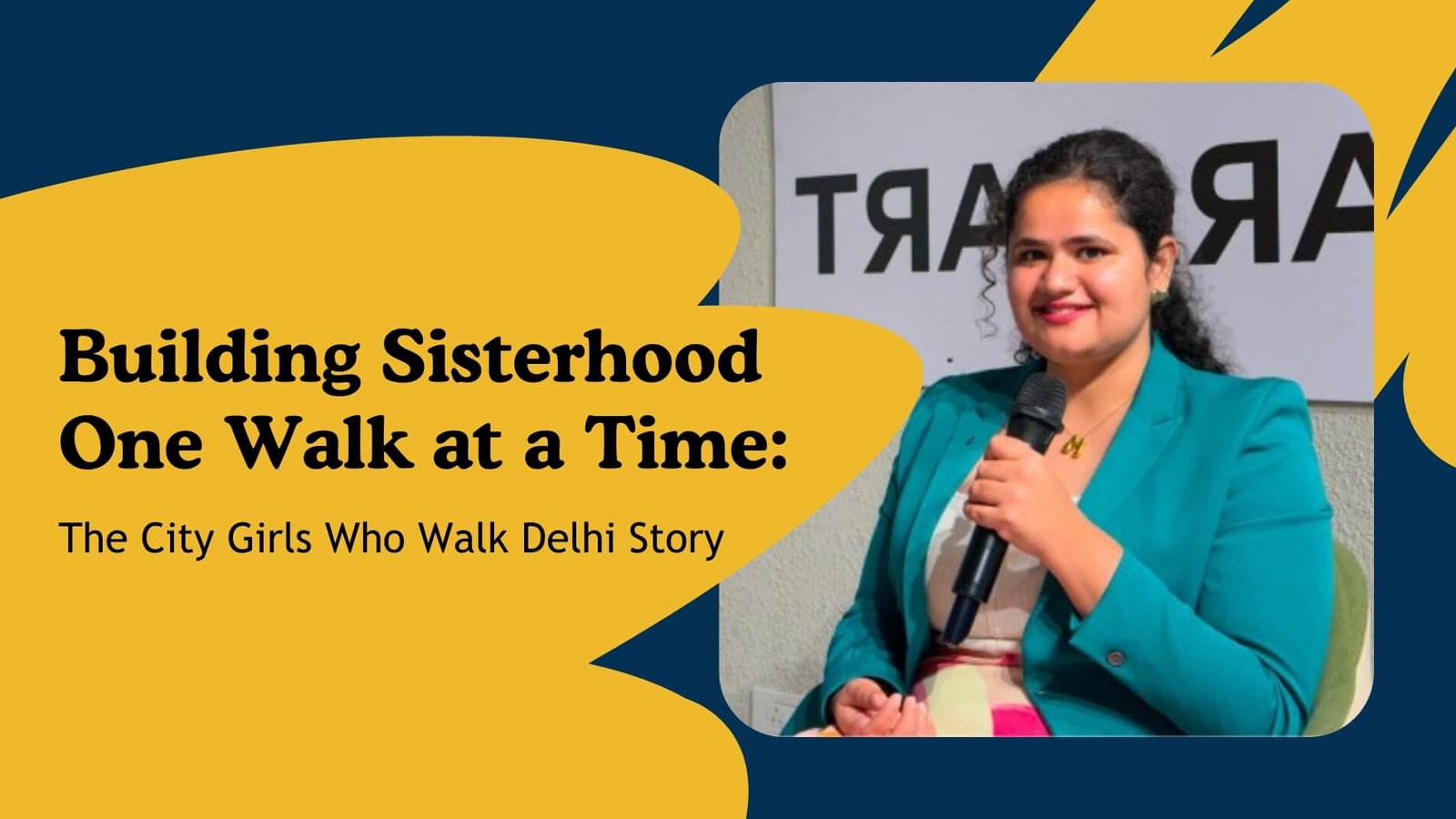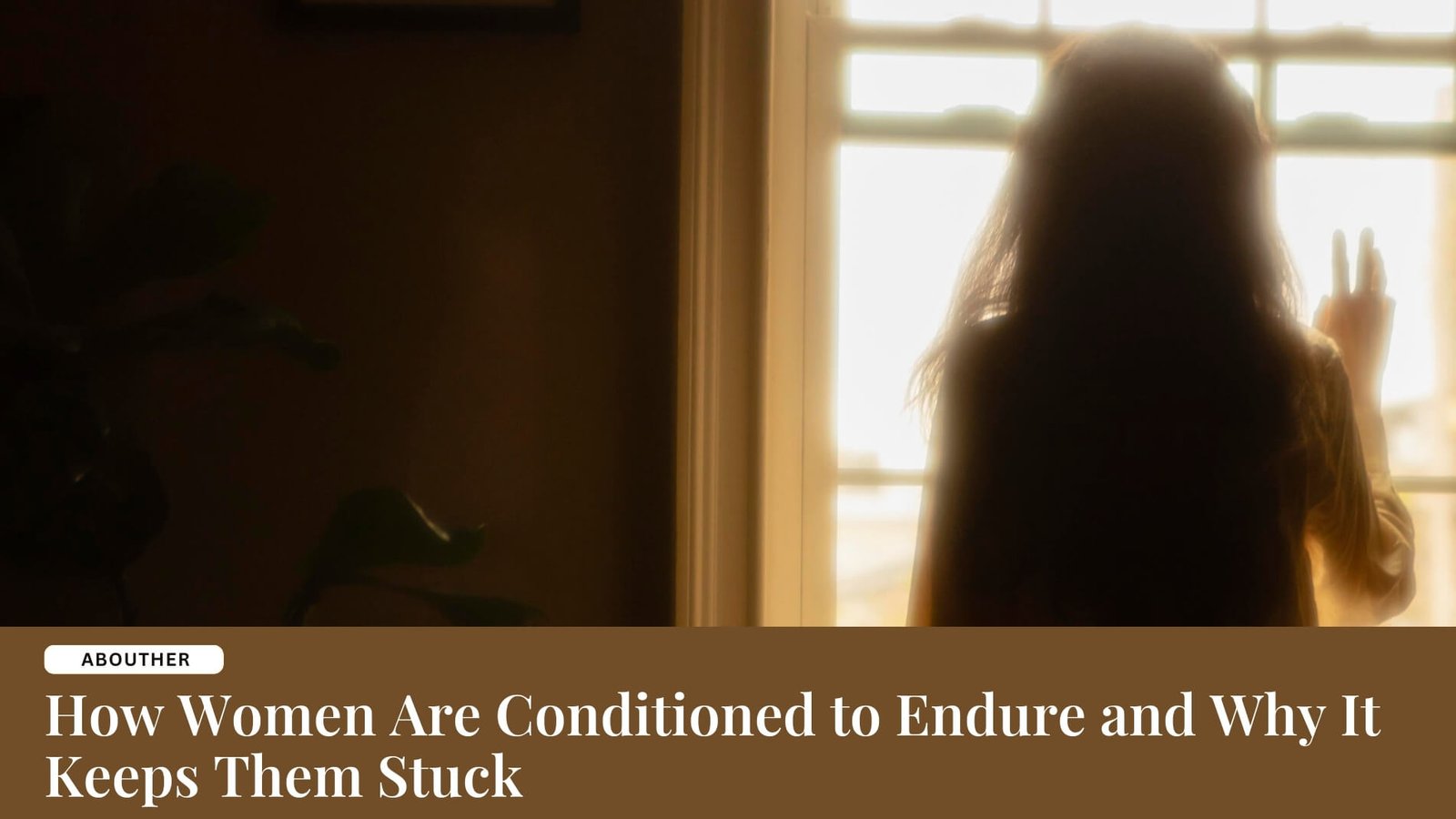Breaking the Stigma: A World Mental Health Day Special with Dr Amrit Pattojoshi & Dr Aninda Sidhana
In a world that’s increasingly vocal about mental health yet still shadowed by stigma, this World Mental Health Day special from The AboutHer Show offers clarity, compassion, and perspective.
As modern life grows faster, more connected, and more demanding, conversations like this remind us of an essential truth, our minds deserve as much care as our bodies.
In this powerful episode, two experts, Dr Amrit Pattojoshi, a leading neuropsychiatrist, and Dr Aninda Sidhana, a seasoned mental health professional, share insights that bridge science, therapy, and lived experience. Together, they explore how awareness, empathy, and education can reshape how we view mental wellbeing.
The Experts
Dr Amrit Pattojoshi
One of India’s foremost neuropsychiatrists, Dr. Pattojoshi is known for his patient-centric approach and his ability to merge neuroscience with compassionate psychiatric care. His work has been instrumental in changing how psychiatry is perceived and practiced in India.
Dr Aninda Sidhana
A respected mental health professional with extensive clinical experience, Dr. Sidhana brings a holistic understanding of the mind, one that integrates therapy, empathy, and awareness. Her approach highlights the power of conversation and community in achieving sustainable mental health.
Key Takeaways
1. Mental Health Is Health
Both experts emphasized that mental health should be viewed as an inseparable part of overall wellbeing. It is not about weakness or willpower, it is about balance, self-awareness, and proactive care.
Also Read: Power, Purpose & Perseverance- Why Aditi Singh’s Story Belongs on Your Must-Read List
“Mental health is your own health,” said Dr Pattojoshi. “You can’t expect others to understand or fix it, you must take charge of it yourself.”
2. The Science Behind the Mind
Dr Pattojoshi explained how modern psychiatry is evolving with neuroimaging, genetic testing, and personalised medication. These advancements allow for more precise, evidence-based treatments and help dismantle stigma by framing mental illness as a medical condition rather than a moral failing.
3. The Healing Power of Conversation
Dr Sidhana highlighted that while medication can be essential, therapeutic conversations often bring a kind of healing science alone cannot.
“Sometimes,” she noted, “people don’t need pills, they need a listening ear, empathy, and a safe space.”
Therapy provides tools to identify negative patterns, regulate emotions, and rediscover self-confidence.
4. Stigma Still Exists, but It Can Be Broken
Both experts spoke candidly about the lingering stigma surrounding mental health. It manifests in families, workplaces, and even among patients themselves. But every open conversation, public campaign, and empathetic act chips away at it, making it easier for others to seek help without fear or shame.
5. Gendered Experiences of Mental Health
Men and women face different social pressures that shape their mental health journeys.
- Men are often discouraged from expressing vulnerability.
- Women, in contrast, face the constant expectation to “balance it all”, home, career, relationships, without faltering.
Acknowledging these differences, Dr Sidhana stressed, is vital to creating gender-sensitive mental health frameworks that actually work.
6. Workplaces and Families as Support Systems
The conversation underscored the critical role of both organisations and families in mental wellbeing.
Dr Pattojoshi emphasised that companies must integrate empathy into policy, not just wellness programs.
Meanwhile, Dr Sidhana pointed out that emotional education must begin early, within families.
“Parents should teach emotional regulation from childhood,” she said. “Naming feelings is the first step toward healing.”
7. The Younger Generation’s Challenges
Today’s youth are navigating an unprecedented mix of social media pressure, comparison culture, and constant connectivity. Both experts warned of “dopamine fatigue”, the exhaustion that comes from overstimulation and lack of real connection.
They called for schools and parents to focus more on emotional intelligence and less on perfectionism.
“The Gen Z generation isn’t wrong,” said Dr Pattojoshi. “They’re just wired differently. It’s our responsibility to meet them where they are.”
8. Systemic Change Is Essential
Mental health must move from the margins of healthcare to the mainstream. Both guests called for systemic reforms, integrating mental wellness into education, policy, and public health infrastructure. Access, affordability, and early awareness were key themes.
9. Final Reflections for World Mental Health Day
As the discussion concluded, the message was clear:
- Caring for one’s mind is a daily practice, not a crisis response.
- Seeking help is a sign of strength, not failure.
- Empathy, toward oneself and others, is the cornerstone of a healthy society.
“Mental health isn’t a luxury,” said Dr Sidhana. “It’s a necessity. You can’t pour from an empty cup.”
🎧 Listen to the Full Episode
➡️ Spotify: https://shorturl.at/ams21
➡️ Apple Podcasts: https://shorturl.at/JNbdr
➡️ YouTube: https://www.youtube.com/watch?v=1RAcnMacick&t=5s
Closing Thought
As the world lights up with celebration and colour, may we also remember to tend to the light within, through compassion, awareness, and open conversation.
If this episode resonated with you, follow and subscribe to AboutHer by Sangeeta Relan for weekly conversations and articles on wellbeing, empowerment, and modern living.
📲 Stay connected with us on:
Instagram | LinkedIn | YouTube | Spotify | Apple Podcast
Share This On Social
![Sangeeta-Relan-AH-525×410[1]](https://aboutherbysangeeta.com/wp-content/uploads/2024/06/Sangeeta-Relan-AH-525x4101-1.jpeg)
I’m Sangeeta Relan—an educator, writer, podcaster, researcher, and the founder of AboutHer. With over 30 years of experience teaching at the university level, I’ve also journeyed through life as a corporate wife, a mother, and now, a storyteller.

